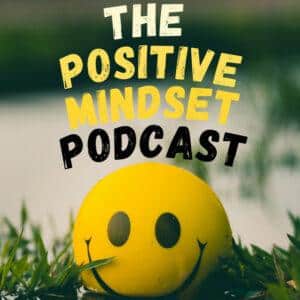
In this episode of the Huberman Lab podcast, Dr. Andrew Huberman explores the critical role of sleep in our mental and physical health, performance, and overall well-being. He provides practical tools for optimizing sleep and sleep-wake timing, backed by scientific studies. The podcast is sponsored by Element, an electrolyte drink, and features other science-based tools such as Waking Up meditation app and 8-Sleep smart mattress covers.
Sleep plays a critical role in our mental and physical health, performance, and overall well-being. By optimizing sleep, we can improve cognitive and physical performance, enhance our immune system, promote wound healing, and even improve skin health and appearance.
To optimize sleep, we need to provide our brain and body with cues and inputs that regulate wakefulness and sleepiness. These include light exposure, temperature regulation, proper nutrition, regular exercise, and mindful use of caffeine. Cooling our mattress can help us fall and stay deeply asleep, while warming it up can help us wake up when we want to. Additionally, supplements like glycine, GABA, and inositol can aid in falling asleep and staying asleep. Digital tools, such as non-sleep deep rest scripts and self-hypnosis, can also enhance our ability to achieve restful sleep.
Light, especially sunlight, plays a crucial role in regulating our sleep-wake cycle. Morning sunlight triggers an increase in cortisol, signaling wake-up time for our brain and body. Exposure to bright sunlight early in the day sets the stage for falling asleep later that night. However, artificial light at night can disrupt our circadian rhythms, so it’s important to minimize exposure to it. Getting sunlight in our eyes in the late afternoon and evening can protect against the negative effects of artificial light and help signal to our brain and body that it’s evening time and sleep is approaching.
Aside from light exposure, other factors such as exercise, cold water exposure, and nutrition can influence our sleep quality. Exercise and cold water exposure can help regulate body temperature and promote sleep. Avoiding caffeine intake late in the day and limiting overall intake can optimize our sleep and wakefulness. Eating early in the day supports alertness and metabolism, while fasting in the early morning hours can be beneficial for some individuals.
If we need to shift our sleep patterns or adjust our circadian rhythms, there are practical tools we can utilize. Gradually shifting our bedtime and wake-up time earlier each day can help us adjust our sleep patterns. Establishing morning routines that include exercise, sunlight exposure, and caffeine can optimize our wakefulness and focus throughout the day. Additionally, timing our activities before and after the temperature minimum can phase advance or delay our circadian clock, helping us adjust to new schedules or time zones.
Optimizing sleep is essential for our mental and physical health, performance, and overall well-being. By incorporating practical tools such as light exposure, temperature regulation, proper nutrition, exercise, and mindful use of caffeine, we can enhance our sleep quality and promote daytime alertness and focus. Additionally, supplements and digital tools can provide further support for improving sleep. By prioritizing sleep and implementing these tools, we can lead happier, more productive lives.